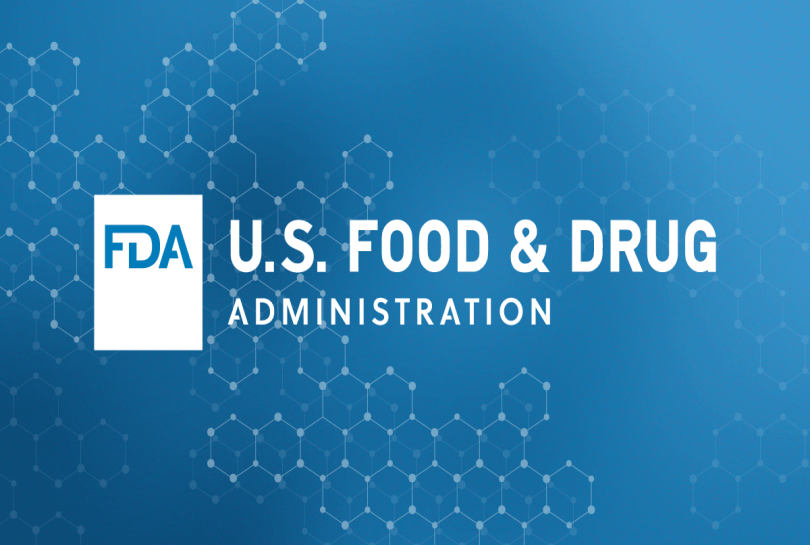April 27, 2020 – As the COVID-19 pandemic continues, the Food and Drug Administration (FDA) must balance safeguarding public health with the desire for timely product reviews. Staff members at the Center for Drug Evaluation and Research and the Center for Biologics Evaluation and Research are working diligently to keep all of these balls in the air, but “with many staff working on COVID-19 activities, it is possible that we will not be able to sustain our current level of performance indefinitely,” the FDA stated in an April 16 press release. The agency also states that it “is difficult to speculate on what the exact impact will be on incoming submissions moving forward.”
On its face, drug approvals for new drugs appear to be unaffected thus far. To date, the FDA has approved 16 novel drugs in 2020; by this date in 2019, the agency had approved just nine novel drugs (of an eventual total of 48). Additionally, drug approval trends over the years are promising, according to a Jan. 14 Reuters article, which states that “the average annual number of new drug approvals, including biologics, was 34 from 1990-1999, 25 from 2000-2009 and 41 from 2010-2018. The proportion of drugs approved with the Orphan Drug Act designation increased from 18% in 1984-1995 to 41% in 2008-2018.” That said, with pressure to streamline clinical trials and reviews for potential COVID-19 treatments and vaccines reaching a fever pitch, those numbers may not hold for the remainder of 2020.
A significant obstacle to keeping product development on track is the current status of clinical trial enrollment, which has proven to be problematic because of difficulties during the pandemic for potential subjects to get to or access clinics for the administration of drugs and necessary testing protocols. An April 6 Medidata report, “COVID 19 and Clinical Trials: The Medidata Perspective 2.0,” states that globally, clinical trial enrollment has decreased 65 percent year over year from 2019, with trial enrollment in the United States dropping 67 percent.
These figures demonstrate “the significance of the pandemic’s impact on cities, regions and countries with increasingly tighter laws and guidelines restricting movement by anyone outside of the home,” according to Medidata. “Most geographic regions have been heavily impacted.”
Even where new products have been approved in recent weeks, some pharmaceutical companies have indicated that they will delay launches until a time when they can follow a typical game plan of deploying sales representatives to clinicians’ offices. One example is with Zeposia, an agent for multiple sclerosis from Bristol-Myers Squibb that was approved on March 26.
However, another company, Biohaven, is not waiting to market Nurtec ODT, an anti-CGRP migraine medicine that was approved by the FDA on Feb. 27; the company recently launched a direct-to-consumer (DTC) campaign for Nurtec on television, digital and social media platforms. In an April 20 article in FiercePharma, Biohaven CEO Vlad Coric said that launching the DTC campaign now was important, so that people with migraines could stay out of primary care offices and emergency rooms during the COVID-19 pandemic.
“’Companies often have sales forces in the field for a few months before starting direct-to-consumer messaging, but we did accelerate because we had to get the message out to patients throughout this time of social distancing. We’re part of the drug supply chain and we have to get treatments to people with migraines. This can be the worst time to have a migraine,’” Coric told FiercePharma.
A March 31 Evaluate.com article reporting on the Biohaven strategy stated that “In these constantly evolving times the rest of the market will be watching to see if Biohaven’s virtual approach proves to be a model worth replicating.”




